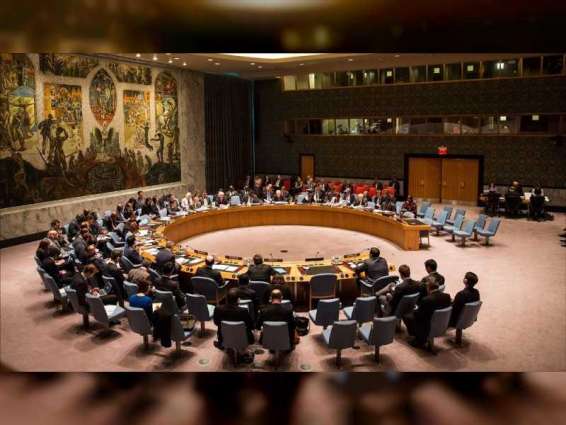NEW YORK, (Pakistan Point News - 27th Jul, 2020) The UAE has called on the UN Security Council to play its part in addressing climate change during an open meeting convened by Germany as this month’s president of the Security Council’s meeting on climate and security.
In a written statement, the UAE emphasised that the Security Council must work hand-in-hand with development and humanitarian actors to curtail the likelihood of conflict in climate-vulnerable communities.
"We have long moved past the point of recognising that there is a link between climate change and security. There is ample evidence around the world, including in our region, of how droughts, extreme weather patterns, desertification, and other climate impacts lead to societal unrest, unemployment, competition for resources, and displacement. These factors all contribute significantly to conflict and violence," the UAE stated.
To operationalise the climate-security nexus within the Security Council, the UAE recommended that the Council enhance and standardise the analysis of security implications of climate change in the situations on the Council’s agenda. In practical terms, the UN could begin targeted training for UN staff in conflict settings where climate is most relevant.
The UAE underscored the need for further development of the UN’s "anticipatory action" capabilities, particularly the use of climate-linked forecasts in Security Council deliberations, in order to mobilise resources and mandates before a crisis worsens. As a model, the UAE commended UN humanitarian agencies and the World Bank for investing in the infrastructure to credibly predict climate disasters and stresses and disburse resources in advance to save lives and reduce relief costs.
Furthermore, the UAE proposed that the UN’s peacekeeping and political missions – authorised by the Security Council – receive enhanced guidance and internal controls to ensure that they are not intensifying local climate effects. These include groundwater depletion, deforestation, and the use of non-renewable energy supply. The UAE underscored that renewable energy is substantially cheaper than other supply options in fragile settings and would create long-term infrastructure for local communities.




